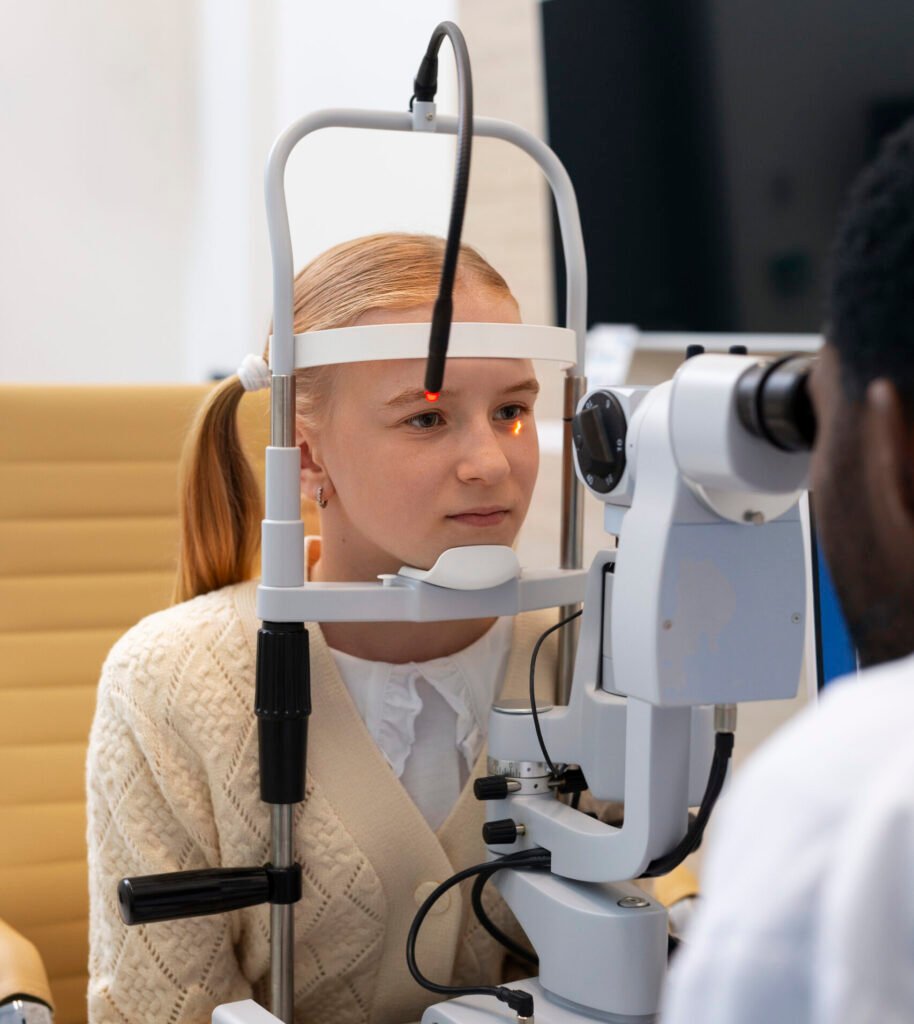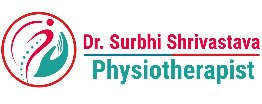
Visual rehabilitation refers to a multidisciplinary approach aimed at improving the functional abilities and quality of life for individuals with visual impairments. This field addresses the unique challenges faced by people with vision loss, whether it is partial or complete, and employs a variety of techniques and interventions to enhance their remaining visual abilities. Visual rehabilitation encompasses a range of services, including orientation and mobility training, which helps individuals navigate their surroundings safely; activities of daily living training, which focuses on independent living skills; and assistive technology, such as screen readers and magnification devices, to facilitate access to information.
Additionally, counseling and psychosocial support are integral components, helping individuals cope with the emotional and social aspects of vision loss. The goal of visual rehabilitation is to empower individuals with visual impairments, enabling them to lead fulfilling, independent lives by maximizing their remaining visual capabilities and adapting to the challenges presented by their condition.
Benifit of Visual rehabilitation
 The benefits of visual rehabilitation are extensive and impactful, contributing significantly to the well-being and independence of individuals with visual impairments. One key advantage lies in the enhancement of daily living skills, as visual rehabilitation equips individuals with the tools and techniques necessary to perform activities of daily life independently. This includes tasks such as cooking, grooming, and navigating their environment with confidence, fostering a sense of self-sufficiency. Furthermore, visual rehabilitation plays a crucial role in improving mobility and orientation, enabling individuals to navigate both familiar and unfamiliar spaces safely. Through the use of assistive technologies and adaptive strategies, individuals can gain access to information, thereby promoting educational and vocational opportunities.
The benefits of visual rehabilitation are extensive and impactful, contributing significantly to the well-being and independence of individuals with visual impairments. One key advantage lies in the enhancement of daily living skills, as visual rehabilitation equips individuals with the tools and techniques necessary to perform activities of daily life independently. This includes tasks such as cooking, grooming, and navigating their environment with confidence, fostering a sense of self-sufficiency. Furthermore, visual rehabilitation plays a crucial role in improving mobility and orientation, enabling individuals to navigate both familiar and unfamiliar spaces safely. Through the use of assistive technologies and adaptive strategies, individuals can gain access to information, thereby promoting educational and vocational opportunities.
Additionally, the psychological benefits of visual rehabilitation cannot be overstated, as it often involves counseling and support services to help individuals cope with the emotional challenges associated with vision loss. By addressing both the practical and emotional aspects of visual impairment, visual rehabilitation empowers individuals to lead fulfilling lives, fostering a sense of autonomy and a renewed connection to their surroundings and communities.
Visual rehabilitation F&Q's
The primary goal of visual rehabilitation is to enhance the functional abilities and overall quality of life for individuals with visual impairments. This is achieved through a combination of training, adaptive strategies, and assistive technologies to promote independence in daily activities.
Visual rehabilitation programs typically include orientation and mobility training, activities of daily living instruction, and the use of assistive technologies. Counseling and psychosocial support are also common components to address the emotional and social aspects of vision loss.
Visual rehabilitation enhances mobility by teaching individuals techniques for safe and independent navigation. This includes skills such as using a white cane, learning orientation strategies, and mastering techniques to cross streets and navigate various environments.
Assistive technology is a crucial component of visual rehabilitation, providing tools such as screen readers, magnification devices, and speech output systems. These technologies help individuals access information, use electronic devices, and perform tasks that may be challenging due to visual impairment.
Visual rehabilitation recognizes the emotional challenges associated with vision loss and often includes counseling and support services. This aspect of the program aims to help individuals cope with the psychological aspects of their condition, fostering resilience and a positive outlook.
Yes, visual rehabilitation is designed to benefit individuals with a wide range of vision impairments, from partial to complete blindness. The interventions and strategies can be tailored to the specific needs and capabilities of each individual, making it a versatile approach for different levels of visual impairment.
